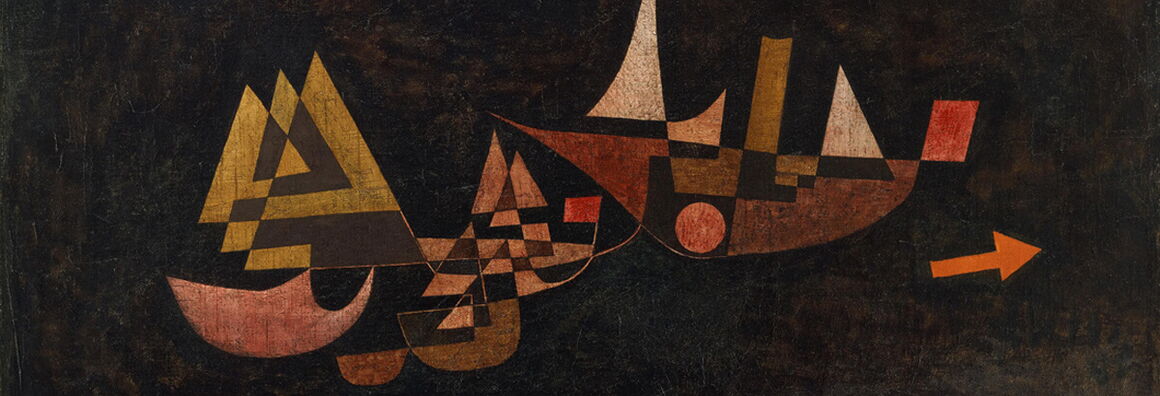“Verwesentlichung des Zufälligen”
It makes a crucial difference whether we put up with reality as unchangeable or if we rediscover it as the core of what is evident in the latitude of the infinite possibilities and are able to consent freely to recognize it—if we are capable, finally, of “making the accidental essential.”
Hans Blumenberg: “Imitation of Nature,” 81 (translated by Anna Wertz)
As a group of young Blumenberg scholars, we will organize a workshop to share our reading experiences of Blumenberg’s work, as well as our joys and doubts, insights and curiosity, independently of any research conjunctures. We will discuss and further develop our questions and argumentats.
The workshop will particularly focus on recently published works as well as on works-in-progress on Hans Blumenberg. We hope to facilitate a productive exchange on methodological issues and questions, while also developing new approaches to Blumenberg’s work. What are the advantages and disadvantages of thematic approaches compared to those that focus on Blumenberg’s reception by other authors, or methods more akin to formal clustering? How are Blumenberg’s phenomenological, historiographic, and anthropological analyses interconnected? What traditions are his theories based upon and what positions and trends of thought do they oppose? How can we further develop and test the potential of his work for interdisciplinary scholarship?
The workshop will offer a collegial and productive space where young scholars can further develop their current projects and cooperate with experienced Blumenberg scholars. We hope that this program will substantiate some contours of the more recent Blumenberg scholarship and promote an exchange with adjacent fields of study.
Fig. above: Paul Klee: Departure of the Ships, 1927 (detail), source: Neue Nationalgalerie, Staatliche Museen zu Berlin, Berlin, license: CC BY 4.0
Program
9.00
Hermeneutik und Psychoanalyse
- Johannes Bungenstab (TU Darmstadt): Geschichtsphilosophie, Phänomenologie und Hermeneutik. Auf den Spuren von Hans Blumenbergs Sinntheorie
- Florentine Emmelot (HU Berlin/ZfL): Trostentzug und Widerstand. Blumenbergs kritische Historisierung der Psychoanalyse
11.30
Blumenberg und Goethe
- Tianjue Li (HU Berlin): Basso continuo, Schlussstein, Keimblatt – Zur Wandlung der Goethischen Elemente in Blumenbergs Denken
- Yutong Li (Katholieke Universiteit Leuven): “Prosopopoeia:” A Blumenbergian Method for Goethe’s Mythical Reception in 20th-Century Philosophy
14.30
Bedeutsamkeit und Historiographie
- Tim-Florian Steinbach (Bergische Universität Wuppertal): Zum Begriff der Bedeutsamkeit zwischen Mythos, Anthropologie und (politischer) Rhetorik
- Robert Loth (HU Berlin): Buchvorstellung Vorläufiges zur Geschichte. Blumenbergs historiographisches Projekt (1947–1960) (2025)
17.00
Aus dem Archiv
- Nicola Zambon (FU Berlin): Lektüreseminar zu Blumenbergs Habilitationsschrift Die ontologische Distanz ([1950] 2022)
